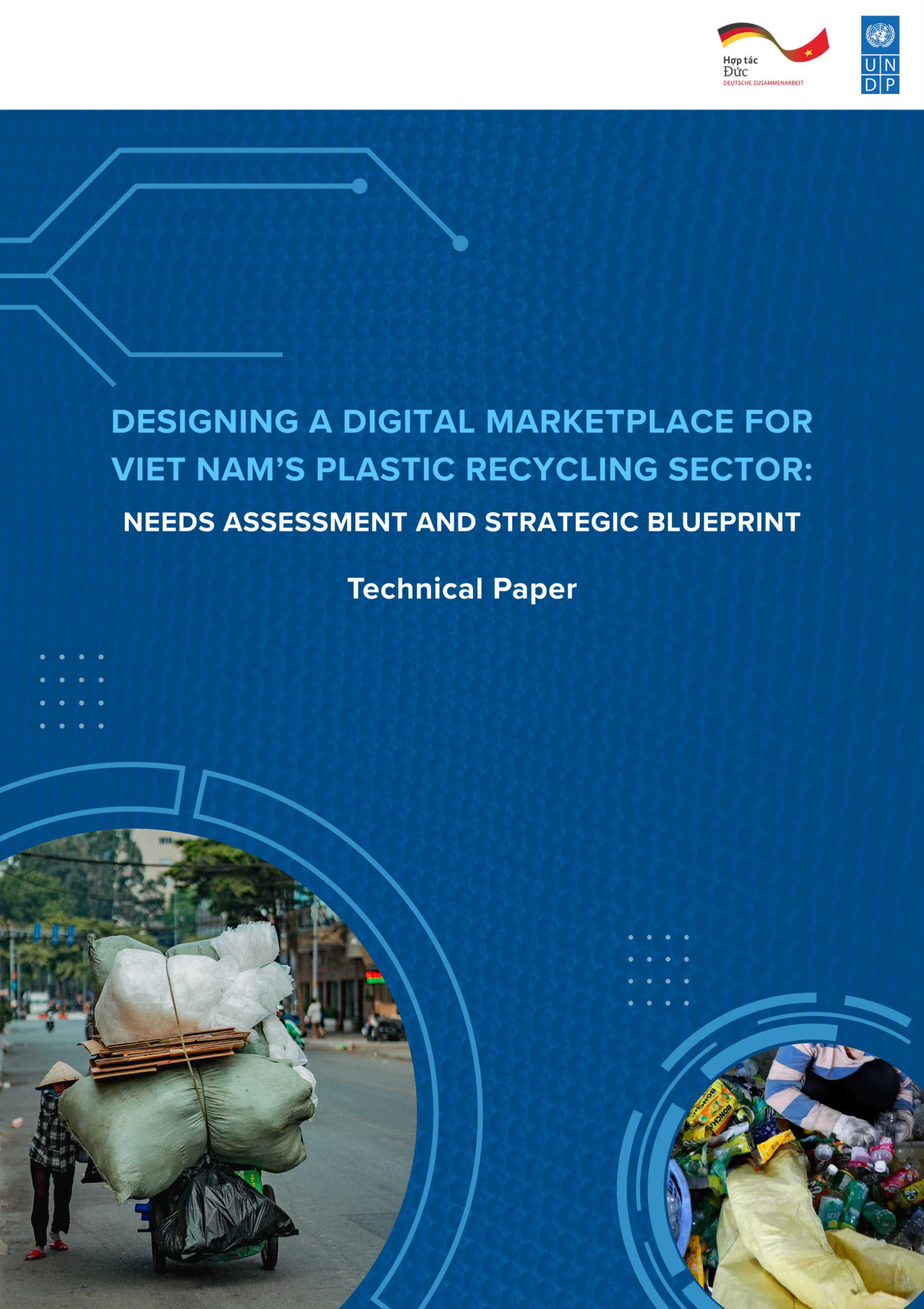Responsible Sourcing in the Plastic Waste and Recycling Sector: Examples of Inclusive Practices in India
As global and regional brands set growing targets to increase recycled plastic content in their packaging, there is increasing scrutiny of not only the quality of the material procured, but also the fair and ethical treatment of informal waste workers.
The collection of municipal solid waste and plastic for recycling in South and Southeast Asia is dominated by the presence of informal waste workers. There are an estimated 15 million informal waste workers globally, who are responsible for 58% of plastics collected for recycling. According to recent estimates, there are approximately 2.2 million informal waste workers in India (2017-2018), and 3.7 million employed in a similar role in Indonesia’s informal sector. In a recent study of nine Asian cities, the contribution of informal waste workers extracted for over 95% of polyethylene terephthalate (PET) recovered for recycling.
Brands have an obligation to both manage their supply chains and improve the livelihoods of the informal sector working within them. Failing to do so can present enormous risks to their businesses from a social and regulatory point of view, and result in missed opportunities to build a resilient and vibrant supply chain. As investment continues to flow into waste management and recycling, brands and investors should capitalize on the momentum to improve existing value chains and ensure that they are socially responsible. To do so, they need a comprehensive overview of the social and human elements linked to recycled plastics’ procurement to better understand the risks associated with existing practices, as well as where opportunities for change lies.
To view and download the entire report, please click here.












